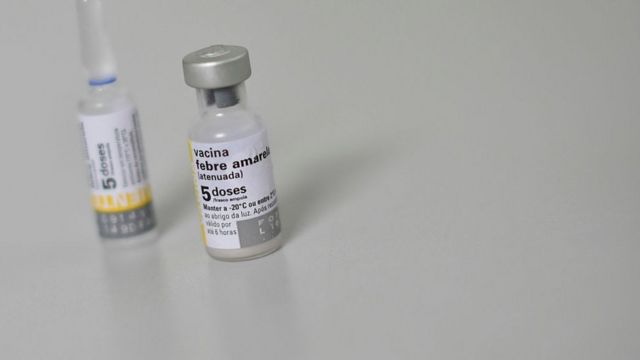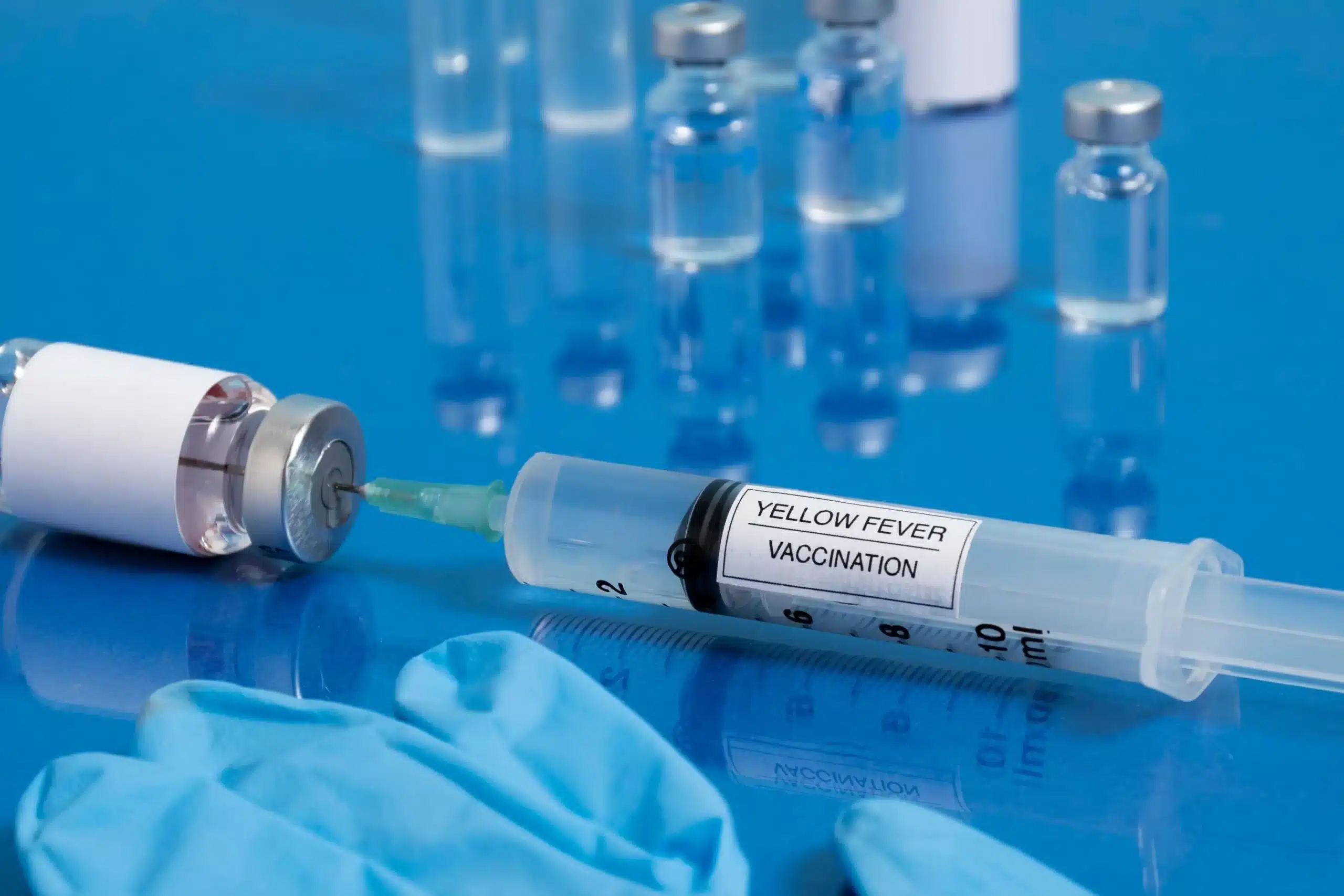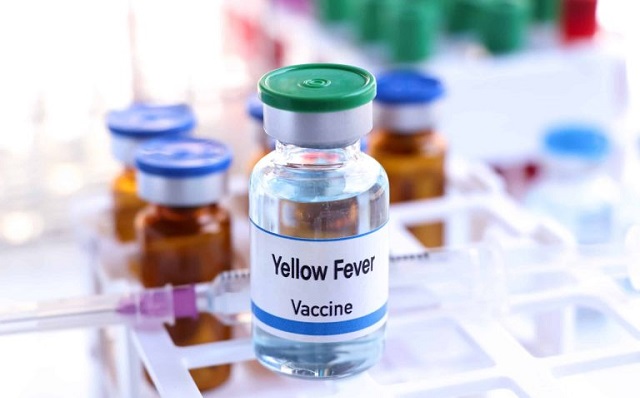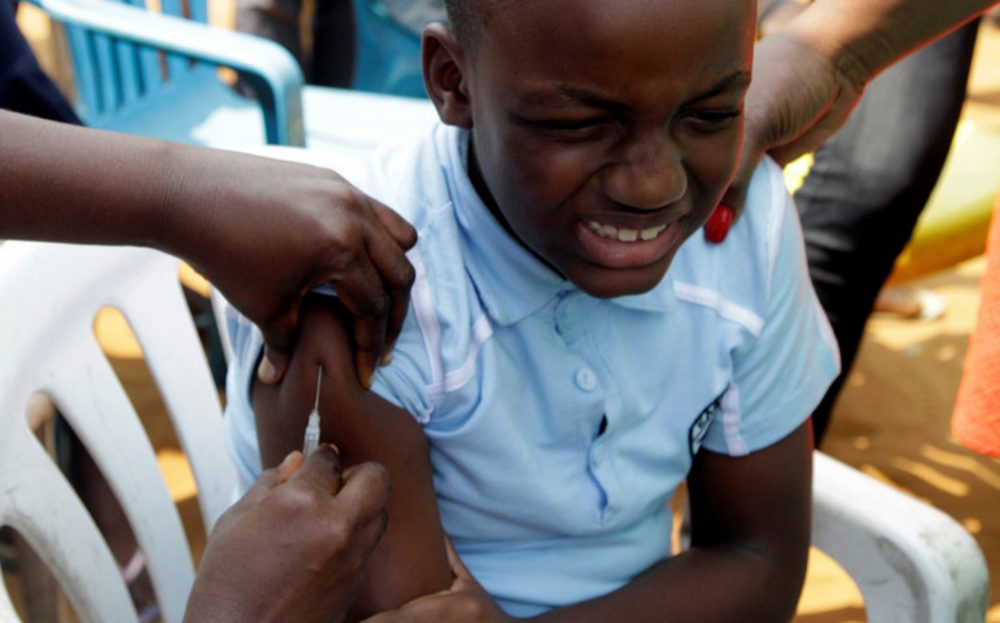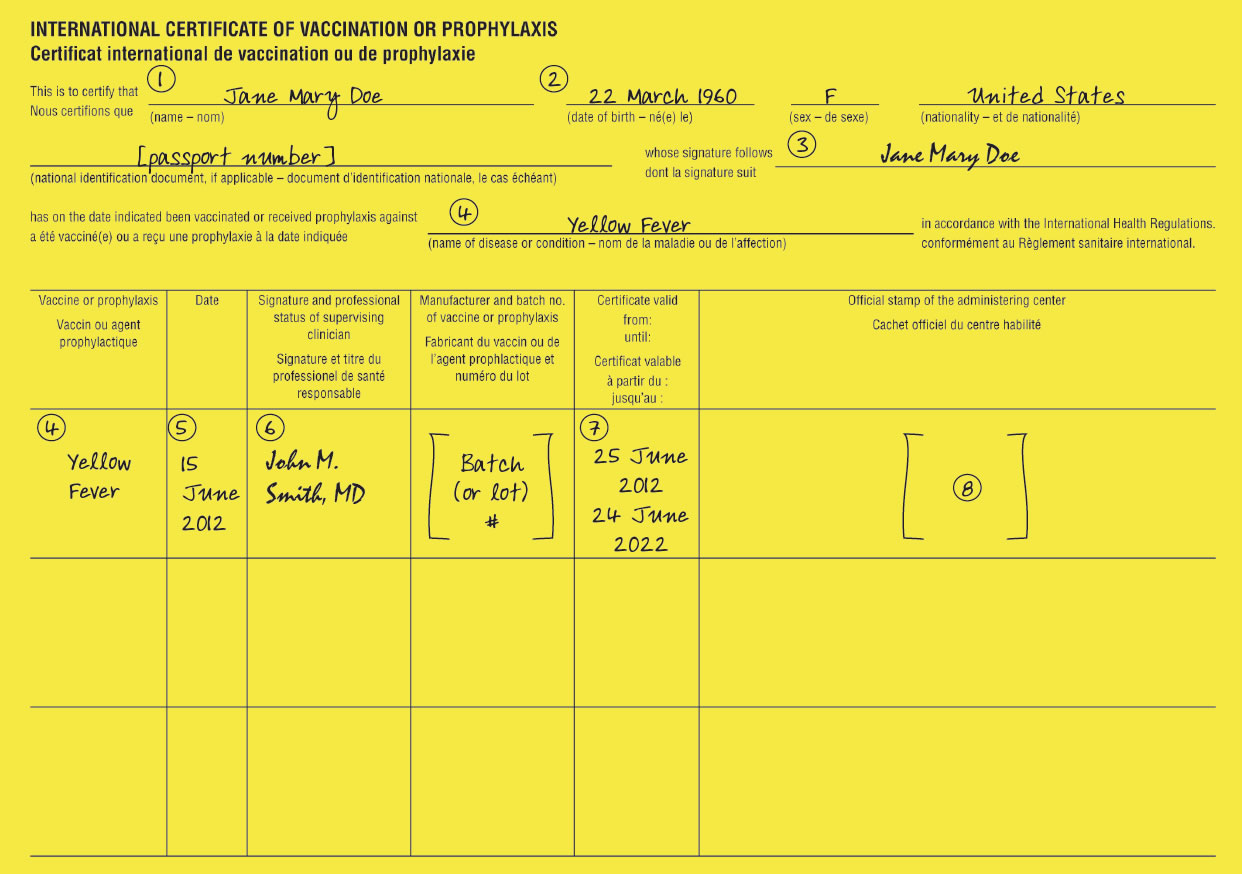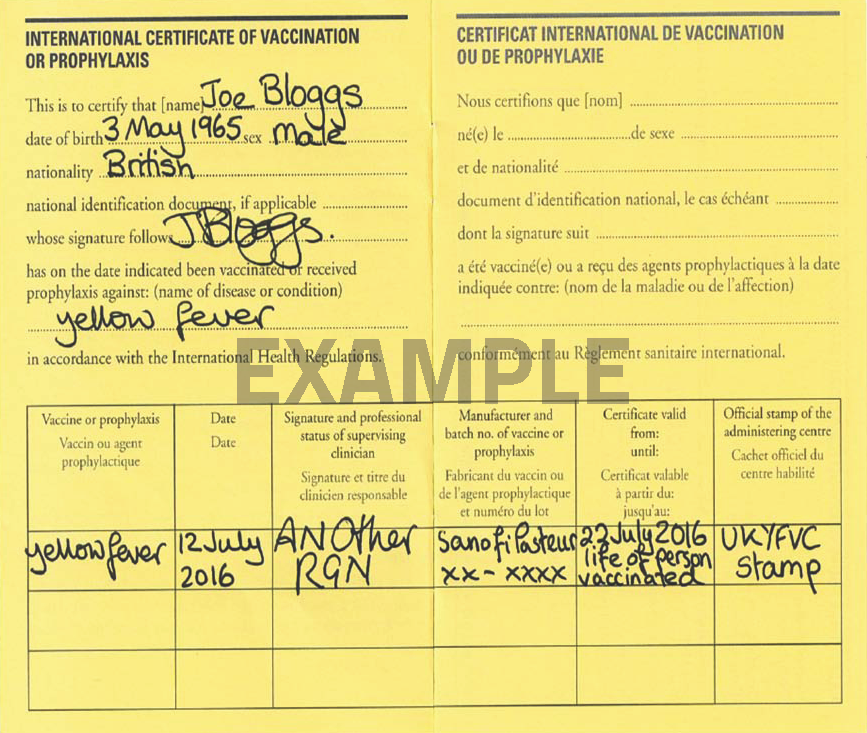Are you planning to travel to a region where yellow fever is prevalent? Or are you simply interested in learning more about this potentially deadly disease? Look no further. In this article, we'll delve into the world of yellow fever, exploring the virus, its symptoms, and most importantly, the vaccine that can protect against it. We'll also discuss the guidelines and recommendations provided by the
Centers for Disease Control and Prevention (CDC).
What is Yellow Fever?
Yellow fever is a viral disease transmitted by the bite of an infected mosquito, primarily found in parts of Africa and South America. The virus is a flavivirus, which is the same family of viruses that causes diseases like dengue fever and Zika. Yellow fever can range from a mild illness to a severe, life-threatening disease that can cause fever, chills, loss of appetite, nausea, muscle pains particularly in the back, and headaches.
Symptoms of Yellow Fever
The symptoms of yellow fever can vary from person to person, but they typically include:
Fever
Chills
Loss of appetite
Nausea
Muscle pains, particularly in the back
Headaches
Vomiting
Jaundice (yellowing of the skin and eyes)
In severe cases, yellow fever can cause bleeding, shock, and organ failure, which can be fatal.
The Yellow Fever Vaccine
The yellow fever vaccine is a live, weakened virus vaccine that provides lifelong immunity against the disease. The vaccine is made from a weakened form of the virus and is given as a single dose. It's the most effective way to protect against yellow fever and is required for travel to certain countries where the disease is common.
The
CDC recommends the yellow fever vaccine for people who are 9 months of age or older and are traveling to or living in areas where yellow fever virus is common. The vaccine should be given at least 10 days before travel to these areas.
CDC Guidelines and Recommendations
The CDC provides guidelines and recommendations for the yellow fever vaccine, including:
Who should get the vaccine
When to get the vaccine
Where to get the vaccine
What to expect after getting the vaccine
The CDC also provides information on the risks and side effects of the vaccine, as well as any contraindications or precautions.
Yellow fever is a serious disease that can be prevented with the yellow fever vaccine. If you're planning to travel to a region where yellow fever is prevalent, make sure to get vaccinated at least 10 days before your trip. By understanding the virus, its symptoms, and the vaccine, you can protect yourself against this potentially deadly disease. Always consult with a healthcare professional before traveling to a region where yellow fever is common, and follow the guidelines and recommendations provided by the CDC.
For more information on yellow fever and the yellow fever vaccine, visit the
CDC website. Stay safe, and happy travels!
